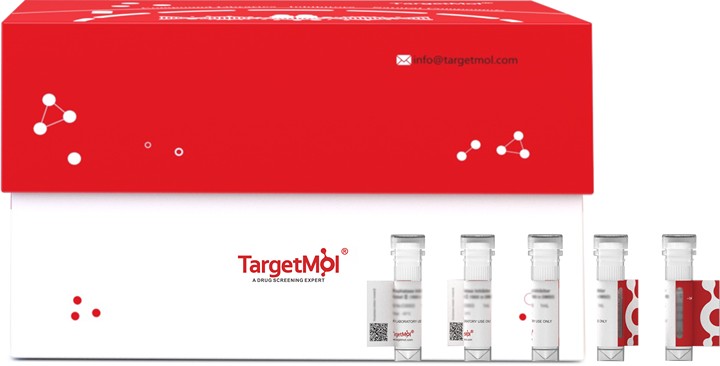Shopping Cart
- Remove All
 Your shopping cart is currently empty
Your shopping cart is currently empty

PSMB2 Protein, Human, Recombinant (GST) is expressed in E. coli.

| Pack Size | Price | Availability | Quantity |
|---|---|---|---|
| 20 μg | $198 | 20 days | |
| 100 μg | $427 | 20 days | |
| 1 mg | $1,830 | 20 days |
| Biological Activity | Activity has not been tested. It is theoretically active, but we cannot guarantee it. If you require protein activity, we recommend choosing the eukaryotic expression version first. |
| Description | PSMB2 Protein, Human, Recombinant (GST) is expressed in E. coli. |
| Species | Human |
| Expression System | E. coli |
| Tag | N-GST |
| Accession Number | P49721 |
| Synonyms | PSMB2,Proteasome subunit beta-4 (beta-4),Proteasome subunit beta type-2,Proteasome component C7-I,Multicatalytic endopeptidase complex subunit C7-I,Macropain subunit C7-I |
| Amino Acid | MEYLIGIQGPDYVLVASDRVAASNIVQMKDDHDKMFKMSEKILLLCVGEAGDTVQFAEYIQKNVQLYKMRNGYELSPTAAANFTRRNLADCLRSRTPYHVNLLLAGYDEHEGPALYYMDYLAALAKAPFAAHGYGAFLTLSILDRYYTPTISRERAVELLRKCLEELQKRFILNLPTFSVRIIDKNGIHDLDNISFPKQGS |
| Construction | 1-201 aa |
| Protein Purity | > 90% as determined by SDS-PAGE. |
| Molecular Weight | 49.8 kDa (predicted) |
| Endotoxin | < 1.0 EU/μg of the protein as determined by the LAL method. |
| Formulation | Tris-based buffer, 50% glycerol |
| Reconstitution | A Certificate of Analysis (CoA) containing reconstitution instructions is included with the products. Please refer to the CoA for detailed information. |
| Stability & Storage | Lyophilized powders can be stably stored for over 12 months, while liquid products can be stored for 6-12 months at -80°C. For reconstituted protein solutions, the solution can be stored at -20°C to -80°C for at least 3 months. Please avoid multiple freeze-thaw cycles and store products in aliquots. |
| Shipping | In general, Lyophilized powders are shipping with blue ice. Solutions are shipping with dry ice. |
| Research Background | Non-catalytic component of the 20S core proteasome complex involved in the proteolytic degradation of most intracellular proteins. This complex plays numerous essential roles within the cell by associating with different regulatory particles. Associated with two 19S regulatory particles, forms the 26S proteasome and thus participates in the ATP-dependent degradation of ubiquitinated proteins. The 26S proteasome plays a key role in the maintenance of protein homeostasis by removing misfolded or damaged proteins that could impair cellular functions, and by removing proteins whose functions are no longer required. Associated with the PA200 or PA28, the 20S proteasome mediates ubiquitin-independent protein degradation. This type of proteolysis is required in several pathways including spermatogenesis (20S-PA200 complex) or generation of a subset of MHC class I-presented antigenic peptides (20S-PA28 complex). |

Copyright © 2015-2025 TargetMol Chemicals Inc. All Rights Reserved.